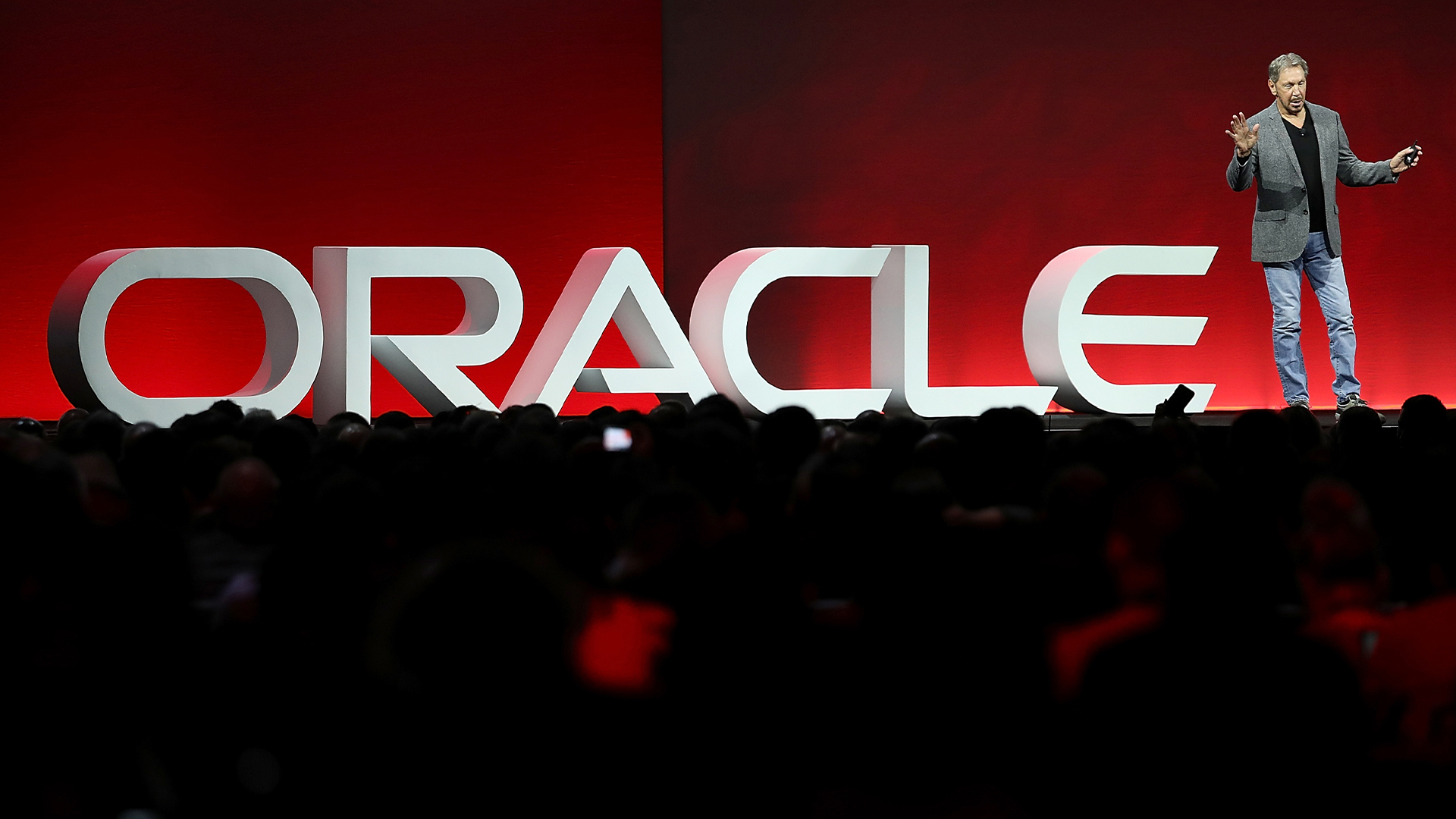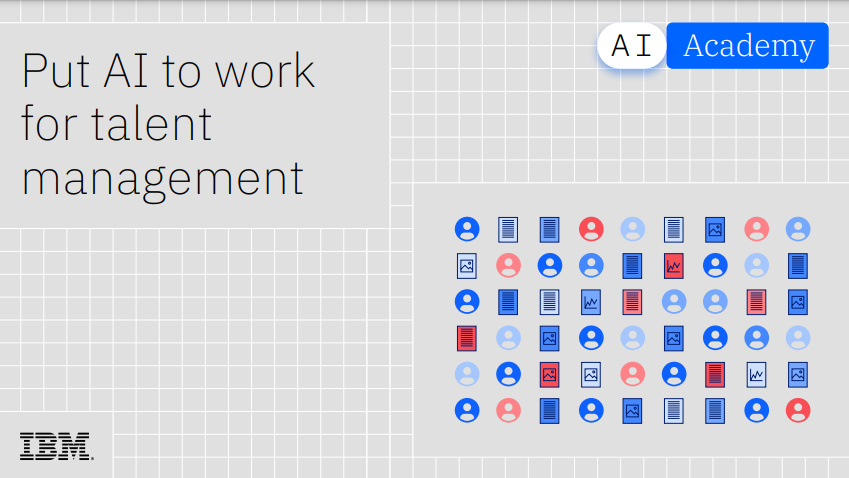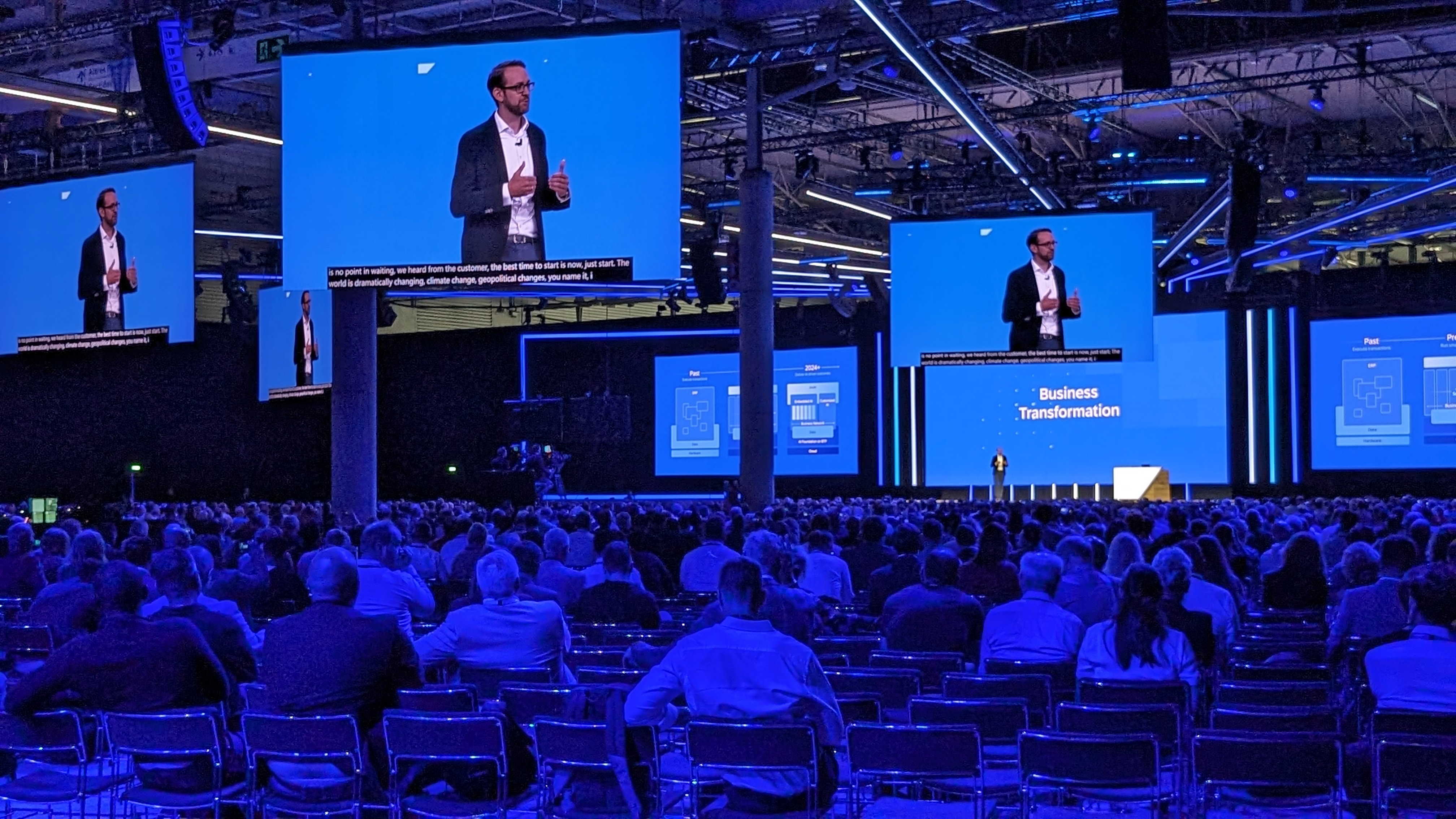Bigger doesn't mean better for BI
The seventh annual OLAP survey has found those vendors that dominate the market, like SAP, don't necessarily deliver the value they promise.


The world's most comprehensive business intelligence (BI) user survey has revealed that some larger vendors are increasingly failing to deliver successful and beneficial software deployments.
The BI Survey 7 follows on from six successful editions of the online analytical processing (OLAP) Survey. As the first BI survey, its author Nigel Pendse said the distinction between pure OLAP and other types of business intelligence products had blurred and the time had come to widen the survey scope to include other products that would not normally be regarded as falling into the OLAP product category.
Some 16 products or groups of products were used enough to be analysed individually. Out of these, SAP was the subject of the most negative findings, owning both its own business warehouse (BW) and NetWeaver BI products, as well as those of newly acquired Business Objects, including Crystal Reports.
SAP BI/BW buyers had largely corporate rather than product reasons for selecting it, where very few sites had selected it for product-related reasons such as functionality (21 per cent versus 41 per cent overall), ease of use (five per cent versus 36 per cent overall) and performance (just one per cent of BI/BW buyers compared to 19 per cent overall).
"This was probably just as well, because SAP sites had significantly more complaints about missing functionality, difficulty of use and query performance than the norm," said the report.
SAP also fared badly in measures of deployment success. SAP BI/BW joined Crystal Reports and Infor Alea sites as the least likely to achieve business benefits. In fact, the report made specific mention of the fact that SAP BW sites had consistently reported the lowest business benefits in each of the six previous survey years.
Conversely, BOARD, Panorama, Cubeware, arcplan and Microsoft AS sites were most likely to report that they had realised benefits. And proving that size is no indicator of product quality, it found the best-known BI vendors did not provide the best product support. Business Objects and Hyperion were well below average and Cognos, Oracle and SAP were also below average. The best support was reported by customers of small regional vendors like Cubeware and BOARD, with Information Builders, Applix and MicroStrategy also doing well.
Get the ITPro daily newsletter
Sign up today and you will receive a free copy of our Future Focus 2025 report - the leading guidance on AI, cybersecurity and other IT challenges as per 700+ senior executives
Microsoft was rated just above average.
While projects led by specialist BI consulting firms were the most likely to realise business benefits, closely followed by projects led by business end-users. Those led by large, general-purpose consulting firms and vendor consultants were the least likely to deliver benefits, which was also consistent with previous years. Another consistent trend is that business benefits were most likely to be achieved if projects went live within three months.
Based on the analysis of actual experiences of some 1,900 users worldwide with median revenue of just over $500 million (254 million), Europe made up 52.9 per cent of the countries surveyed. Banking, insurance and retail retain the top three spots in terms of industry representation. But public sector organisations came much higher than usual this year, while the automotive industry also had a relatively larger sample.
A 25-year veteran enterprise technology expert, Miya Knights applies her deep understanding of technology gained through her journalism career to both her role as a consultant and as director at Retail Technology Magazine, which she helped shape over the past 17 years. Miya was educated at Oxford University, earning a master’s degree in English.
Her role as a journalist has seen her write for many of the leading technology publishers in the UK such as ITPro, TechWeekEurope, CIO UK, Computer Weekly, and also a number of national newspapers including The Times, Independent, and Financial Times.
-
 CISA issues warning in wake of Oracle cloud credentials leak
CISA issues warning in wake of Oracle cloud credentials leakNews The security agency has published guidance for enterprises at risk
By Ross Kelly
-
 Reports: White House mulling DeepSeek ban amid investigation
Reports: White House mulling DeepSeek ban amid investigationNews Nvidia is caught up in US-China AI battle, but Huang still visits DeepSeek in Beijing
By Nicole Kobie
-
 Digital immaturity is holding back growth in the UK
Digital immaturity is holding back growth in the UKNews Research from SAP shows a lack of digital maturity is holding back enterprise digital transformation goals.
By George Fitzmaurice
-
 IBM eyes Oracle expertise gains with latest acquisition
IBM eyes Oracle expertise gains with latest acquisitionNews The deal aims to help IBM address the complexities of public sector cloud transformation
By Emma Woollacott
-
 Channel Focus: All you need to know about Oracle's partner program
Channel Focus: All you need to know about Oracle's partner programWhat to know about partnering with Oracle: A brief guide to the database management software company as it expands further into cloud solutions
By Fleur Doidge
-
 Put AI to work for talent management
Put AI to work for talent managementWhitepaper Change the way we define jobs and the skills required to support business and employee needs
By ITPro
-
 SAP has found a way to bring us all on the digital transformation journey
SAP has found a way to bring us all on the digital transformation journeyAnalysis From Joule to WalkMe, Sapphire 2024 was all about how generative AI can make everyone’s job that little bit easier – and this is just the start
By Bobby Hellard
-
 SAP just appointed its first chief AI officer
SAP just appointed its first chief AI officerNews The company veteran will lead a new SAP business unit dedicated to the growth and progression of its AI offering
By Daniel Todd
-
 SAP treads a fine line with restructuring plans amid generative AI push
SAP treads a fine line with restructuring plans amid generative AI pushAnalysis SAP said it plans to integrate generative AI tools heavily within operations, but has been keen to emphasize this won’t equate to mass job cuts
By Ross Kelly
-
 FDM Group strikes SAP partnership to train next generation of tech consultants
FDM Group strikes SAP partnership to train next generation of tech consultantsNews New collaboration aims to meet the growing demand for SAP expertise and bridge the wider digital skills gap
By Daniel Todd